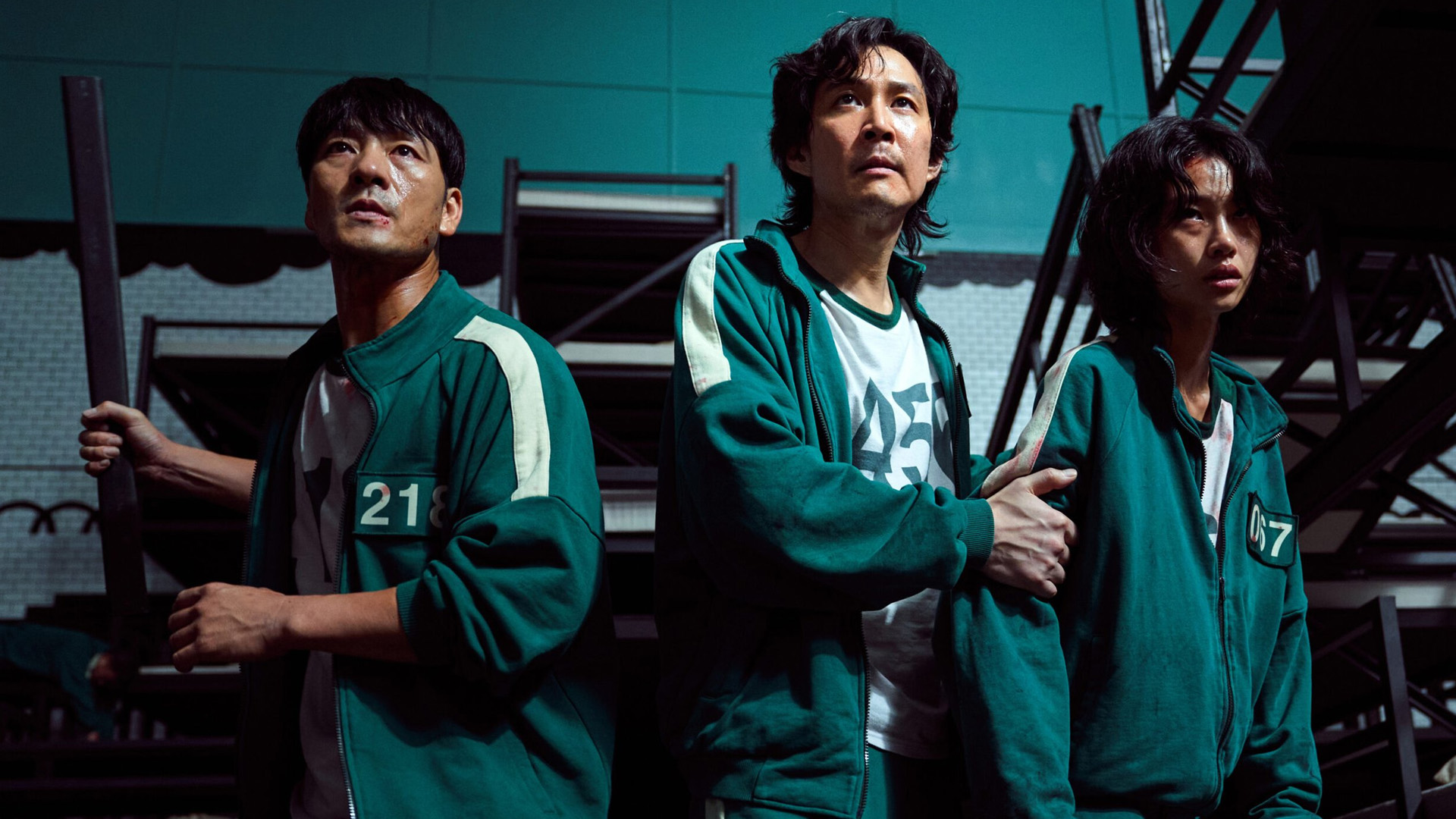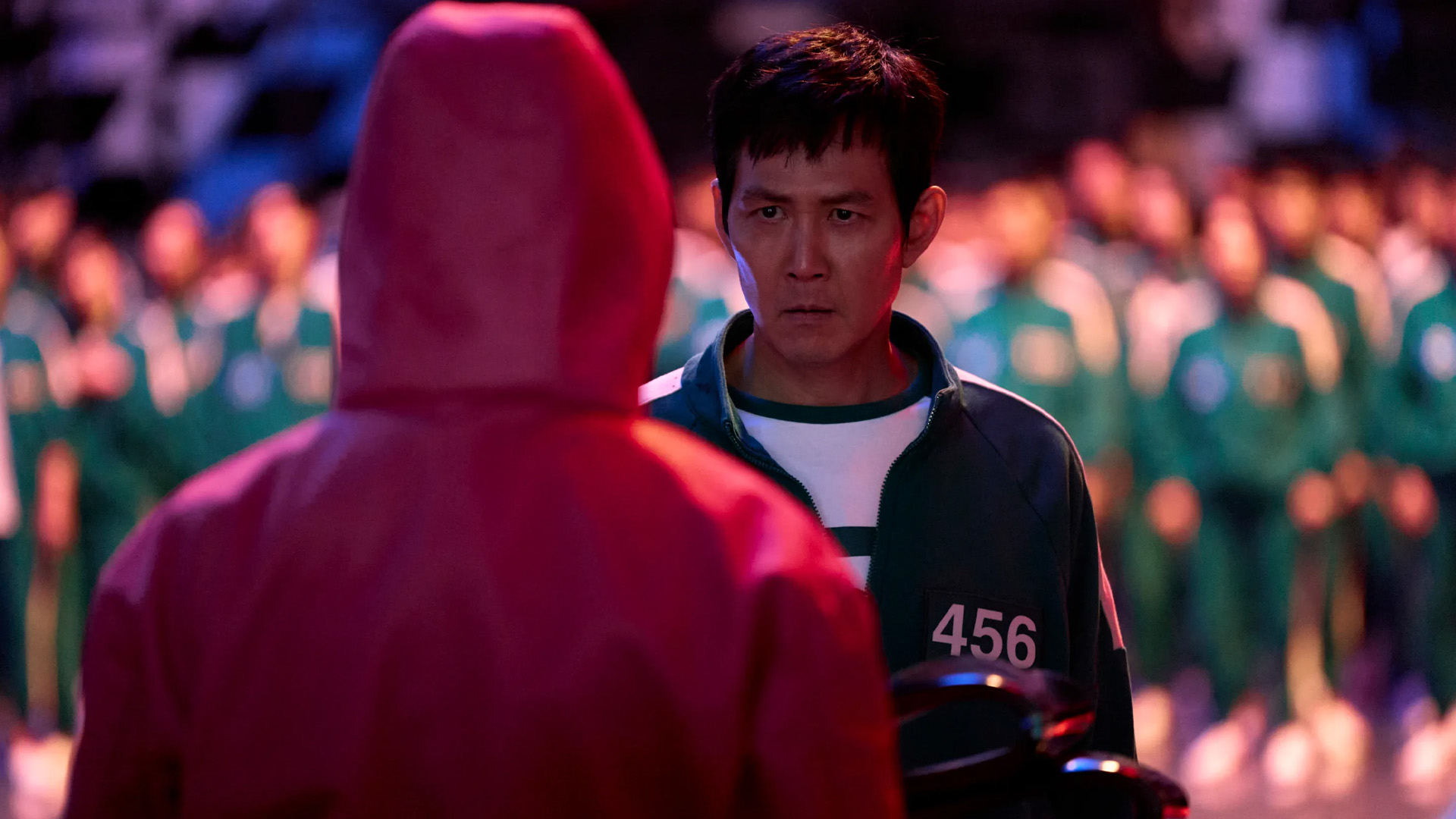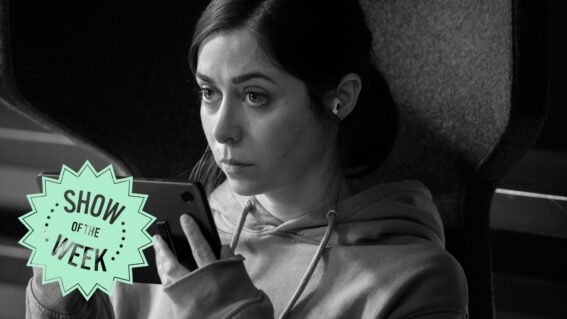Squid Game shows it has a way to bite back in season two

Clarisse Loughrey’s Show of the Week column, published every Friday, spotlights a new show to watch or skip. This week: Squid Game creator Hwang Dong-hyuk has pulled off a clever trick in its new season.
“I’m so exhausted. I’m so tired. In a way, I have to say, I’m so sick of Squid Game,” creator Hwang Dong-hyuk told Variety earlier this month. It’s not exactly the headline Netflix hoped for, but you can’t really blame the guy.
Not to read too brazenly between the lines, but I can’t imagine what it’s like to have crafted one of the defining anti-capitalist narratives in recent pop culture history, based around the idea that we’re so exploited as a global populace that people would toss away safety and dignity, engaging in deadly playground games, purely for the faint possibility of instant riches—and then see YouTuber MrBeast look at all that cruelty and think, “hey, if I recreate everything about it minus the outright murder, that should be fun, right?”

There’s nothing accidental about Squid Game’s success. Stylistically, it seems to have spawned right out of New Korean Cinema, and the mischievously dark satires of Bong Joon-ho and Park Chan-wook. It’s a dystopian work that hits like a raw, exposed nerve because it’s already so close to how we live, all that brutality brushed under infantilised corporate mascots, a little girl in an orange pinafore and yellow shirt chanting “Red Light, Green Light”, motion tracking devices in her eyes relaying movement to a wall of snipers.
The contestants know the full extent of the manipulation. And, yet, the majority vote to continue. They’d rather fight among themselves than turn on their captors. Squid Game is a reality television show with no cameras. And, while death is more permanent than public humiliation and internet notoriety, the drive to single-mindedly chase financial security above health and happiness—well, isn’t that the way we’re all expected to act in the modern world?
So, naturally, then, the series became an international hit, racking up on 2.8 billion views on Netflix, and making it the most-watched show or film on the service. Executives ordered another round, despite multiple seasons being a rarity in Korean television. It wasn’t in Hwang’s game plan. But you can’t exactly say no to Netflix like that.

In the meantime, the service leeched all it could from the Squid Game brand: Squid Game apparel, Squid Game fast food meals, Squid Game video games, Squid Game immersive experiences, a Squid Game reality show (the official one, MrBeast’s is entirely a malevolent homage). Squid Game, the murder olympics you only enter if you’re so deep in debt you have no other choice, was suddenly being marketed as actively desirable. Something to spend cash on to recreate.
But, while season two of Squid Game isn’t quite as fresh and revelatory as before, Hwang has pulled off a clever trick: if everyone insists on going Squid Game crazy while blatantly ignoring its central critique, then Squid Game season two will be about how delusional people really can be while the truth firmly and repeatedly slaps them in the face. Seong Gi-hun (Lee Jung-jae), the sole survivor of his Squid Game, reenlists. He could have gone to America to reunite with his daughter, and lived peacefully in his newfound wealth, but the trauma has changed him. His DNA is practically rearranged.
He returns with one mission. Implode it all from the inside. Yet, the Squid Game has a way to bite back. In a new twist, competitors are promised that if the majority vote to quit, the winnings accumulated so far will be split evenly between survivors. Suddenly, it’s transformed into a gambler’s paradise—sure, you could walk away with enough to settle your debts, but what if you played just one more round? Then you could actually make something of your life.
In an instant, competitors are divided between warring factions: those who want to live and those who want to win. We might like to think we’d choose self-protection, but who’s to say temptation wouldn’t get the best of us? Somebody has to be signing up for those immersive experiences, after all.


















